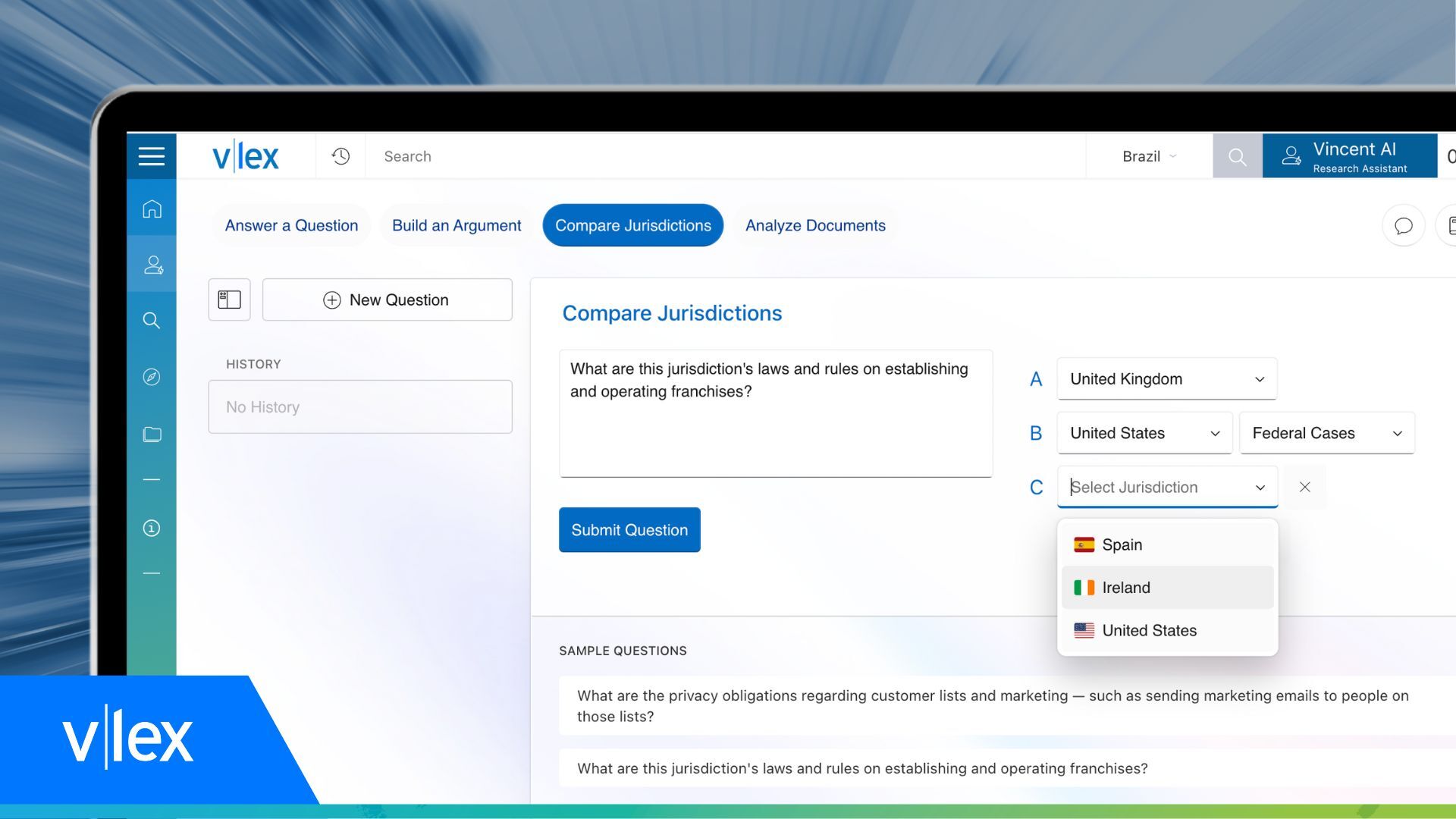Think Ink
When Seyfarth Shaw in Chicago merged with D’Ancona & Pflaum last fall, head librarian Gabrielle Lewis was in a position to consolidate libraries, dump old books and get new online resources.
But her effort primarily went into reshelving 15,000 books and other bound materials that make up the new library. “I don’t think books are going anywhere,” she says. “We’re getting more books and reference materials all the time.”
Law libraries have been going digital since 1974, and are now a hodgepodge of printed and electronic resources. And legal librarians are caught in the middle, having to choose between one or the other.
“We have a long, long way to go before online resources overtake books,” says David Jastrow, a publishing industry analyst with Simba Information in Boston. “I don’t want to overstate the case because you just don’t know, but it will be years, maybe a decade.” West Group, the leading U.S. publisher of printed legal information, says its book publishing business has remained flat; most of its growth is in online publishing. But legal book publishing is still a huge business and accounts for most of the legal information lawyers buy.
According to Simba Information, legal books grew from 42.9 to 43.4 percent of all published legal information between 2003 and 2004, while online resources grew from 27.3 to 27.6 percent. Some of this change resulted from a decline in the number of printed directories, journals, newsletters and other materials, but in general, book publishing is still a solid business.
Adding Print
Both LexisNexis, which started life as an online-only resource, and West have added print publications in recent years. Lexis has some 2,000 titles in its Matthew Bender analytical research series and publishes Mealey’s litigation news series weekly. Westlaw has even begun publishing its series of unreported cases in a book format after having only published it online.
“There’s cultural and practical reasons why books are still important,” says Kyle Christensen, West corporate communications manager. “Online has traditionally been a poor medium for a lot of things, especially statutes, codes, forms and checklists.” However, savvy librarians and lawyers are learning to mix printed and online publications to their advantage. The cost of books has been going up as publishers try to recoup revenues cannibalized by online publications. But printed materials can actually save law firms money over online. For resources like treatises, directories, hornbooks and reference materials that are used frequently, it doesn’t make economic sense to log onto a pay service every time someone wants a small piece of information.
Meanwhile, legal publishers are struggling to find a way to generate revenue from both their printed and online resources, so many of them are willing to cut deals. Kathy Greco, head librarian with Rivkin Radler in Uniondale, N.Y., says that even though a few lawyers like having printed copies of LexisNexis’ Mealey’s publication in her library, she probably couldn’t justify paying for both electronic and printed versions of the same title. However, LexisNexis offered her the books at half price, so she keeps both.
“A lot of times they come to us with an incentive or offer,” Greco says. “My strategy is to get as much as I can, and it works.”
Most librarians agree that as more young attorneys who are more comfortable with the Internet join the workforce, use of books will decline. But sometimes it’s little things that give books an advantage over online resources.
Carol Rogers, manager of information resources with Latham and Watkins in Los Angeles, says that the online version of Matthew Bender lacks an index and table of contents, which lawyers like to use.
“I don’t know which is better, books or online,” says Chicago librarian Lewis. “But I think you can lose a lot if you just go online to look for things. Books help you pick up on things and see things in context in a way you just can’t online.”



